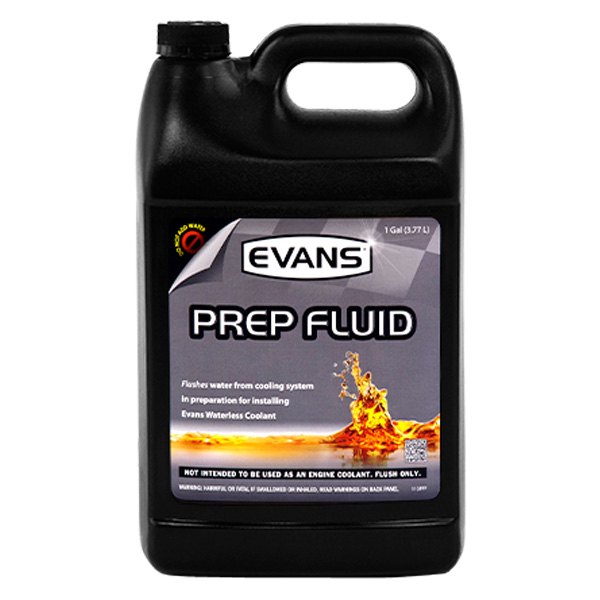

My Cruze has an electrically variable thermostat that drops the coolant temperature when the engine is under load. I wish Evans would do a better job of promoting it to us gearheads by showing automotive conversions and the results, while answering all of the most common questions and demonstrating how the product deals with them. I'm still very interested in this coolant. The only timing with a diesel is when the fuel injectors fire. In a gas engine, ignition timing is used to optimise the power production by adjusting precisely when the spark plug is fired to ignite the fuel. There is no traditional electronic ignition system like there is in a gasoline engine. This could be part of the -0.26% they recorded while simply adding the Evans coolant without increasing the operating temperatures, though a variance that small could be considered "noise", especially in non-laboratory controlled testing.Ī diesel is a compression ignition engine. WRT the water pump, the Evans coolant is actually thicker than a water/glycol mix, so all else being equal it would take more power to turn the pump. The +3% gains reported were from simply operating at higher temperatures.

Heavy trucks have HUGE fans that consume lots of engine power, but this test isolated the fans. Their claims are based on raising the engine operating temperature to increase combustion efficiency (the hotter the head the less heat wasted), as well as less use of the cooling fans. With a diesel there's no timing to worry about.
#Evans coolant msds mods
Is it less effort for the water pump, power not needed for the electric or mechanical fan, is it allowing more aero mods or is a poorly cooled engine able to maintain and run advance vs retarded timing? Good question, depends on where the mpg improvements comes from.


 0 kommentar(er)
0 kommentar(er)
